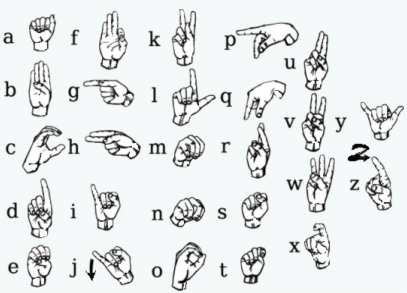Becoming Verbal with Autism
Posted by Debra C. Lowsky, MS, CCC-SLP on 5th Aug 2011
I'm looking for advice. My nephew 5 years old, has Autism and cognitive delays. He doesn't speak at all; he just makes noises like he is "singing" to himself (although not with any specific tune), cries when he doesn't get what he wants, and tugs at someone's clothes if he wants to go out or eat something. Very, very rarely, he could suddenly say "No" or "Bye Bye," but very inconsistently. He is hyperactive as well. He eats a lot and doesn't seem to have problems with chewing. I am wondering if there is anything that can be done for his speech delay. Naturally, we'd love for him to be able to talk.
.
There are six required skills necessary to be a competent communicator. They are cause-effect, turn talking, means end causality, joint attention, imitation, and environmental awareness. These skills are learned in infancy to perhaps 14-16 months of life. Individuals who have Autism either do not learn these skills or (as reported by their caregivers) lose them. It's necessary to work the ones that have not been yet developed, and so you should go back to establishing those skills. If he doesn't have a speech therapist already, finding one would be best. He/she will be able to guide you through this. Be sure to follow through with "speech homework" that they give you for the best results.
Children who have Autism are visual learners. They have difficulty with language because it requires listening/auditory skills. Therefore, using sign language can help since it is a visual form of communication. In my experience, sign language is indeed very effective. With that said, signing requires motor skills since it uses the hands. When children have difficulty signing a word correctly, the signing may have to be adapted to their motor ability. For example, if the child cannot bring their hands together/midline for the sign "shoe," then another way to sign "shoe" needs to be figured out. It's ok if it's not the "textbook" version of the sign. Also, some signs are similar, such as "yes" and "bathroom." I have my students/clients/patients use a headshake for "yes" so as not to be confused with the hand sign for "bathroom."
.

.
Another form of communication that has had results in developing communication skills worth mentioning is the PECS system. I'd recommend looking in to it.
There are a variety of visual pictures and schedules, in addition to PECS, that are also helpful and worth looking in to.
Voice output devices have helped many children develop language skills. While there are many devices now on the market, I am presently using devices from the Prentke Romich Company. Children who have Autism learn to use the device through motor planning. The company has workshops, a regional coordinator (mine is an SLP) to guide you and your therapist, plus good tech support via phone.
It is VERY important that close family members (parents especially) learn AND use the communication methods the child is using. If it's signing, then you must learn to sign and be modeling it. If it's a voice output device, you'll need to learn how to use it and how to put new words on it.
Be consistent in following through with recommendations at home. Sometimes intervention strategies don't work unless they're incorporated into the the child's daily routine. AND, children who have Autism tend to thrive on routine.
.
I hope some of this is helpful,
Debbie
Debra C. Lowsky, MS, CCC-SLP
.
